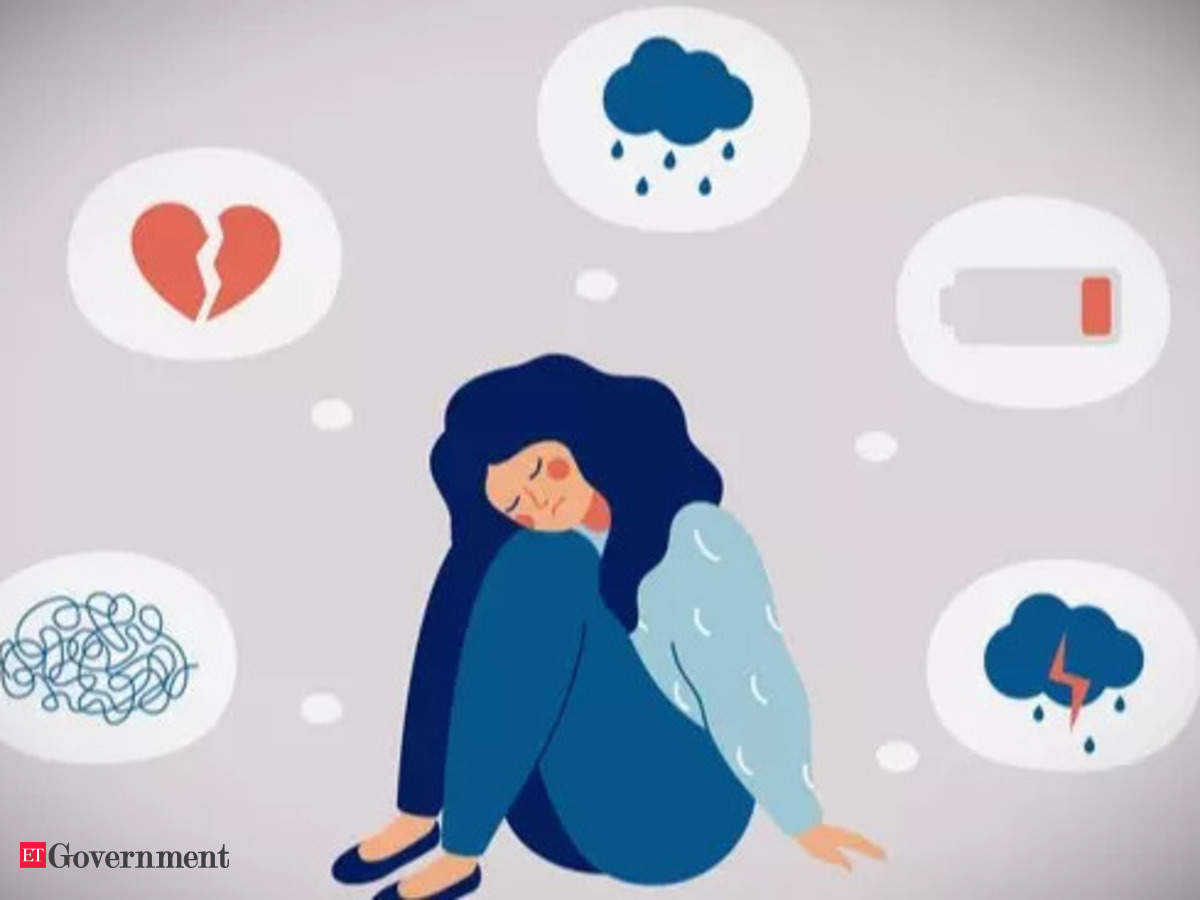Mental health is an essential
component of overall health and well-being, particularly for young people.
Adolescence is a time of significant emotional, physical, and social change,
and it can be challenging for young people to cope with these changes. Young
people experience a range of stressors, including academic pressure, peer
pressure, social media pressure, and family conflict, among others. These
stressors can lead to various mental health challenges, including anxiety,
depression, eating disorders, substance abuse, and suicidal ideation.
Therefore, it is crucial to prioritize the mental health of young people and provide
them with the support and resources they need to thrive.
The Effects of Mental Health
Issues on Youth:
Mental health issues can have a
profound impact on the lives of young people. These issues can manifest in a
variety of ways, including anxiety, depression, eating disorders, substance
abuse, and suicidal thoughts. These challenges can lead to significant
consequences, including academic problems, relationship issues, physical health
problems, and even suicide. According to the National Institute of Mental
Health, suicide is the second leading cause of death among young people aged 10
to 24 in the United States.
Why Mental Health Matters:
Mental health is a vital
component of overall health and well-being. When young people experience mental
health issues, it can affect every aspect of their lives, from their
relationships with family and friends to their academic and professional
success. Research has shown that investing in mental health can have a
significant positive impact on young people's outcomes, including improved
academic performance, increased social skills, and better emotional regulation.
Addressing mental health challenges early on can prevent more severe issues
from developing later in life.
How to Support Youth's Mental
Health:
There are many practical tips and
strategies that parents, caregivers, educators, and communities can use to
support young people's mental health.
- Encourage open communication:
One of the most effective ways to
support young people's mental health is to encourage open communication.
Encouraging young people to talk openly about their feelings and concerns
provides them with an outlet for expressing their emotions and helps them feel
heard and supported. Parents and caregivers should create a safe and supportive
environment for young people to express themselves without judgment. Active
listening and validating young people's feelings can help to foster trust and
strengthen relationships.
- Promote self-care:
Self-care is an essential
component of mental health and well-being. Encouraging young people to engage
in self-care activities, such as exercise, healthy eating, and relaxation
techniques, can help manage stress and anxiety. Parents and caregivers can
model healthy behaviors by prioritizing their self-care, which can help young
people learn healthy habits and coping strategies.
- Provide resources:
Ensuring young people have access
to mental health resources is crucial to addressing mental health challenges
effectively. Parents, caregivers, and educators should familiarize themselves
with mental health resources available in their communities, such as counseling
services, crisis hotlines, and support groups. Schools and communities can
provide mental health education and awareness programs to help reduce stigma
and increase awareness of available resources.
- Advocate for change:
Advocating for policy changes
that prioritize mental health in schools and communities is essential to
address youth's mental health challenges. Schools can implement mental health
programs and policies that promote mental health and well-being. Community organizations
can advocate for increased funding for mental health services and support
programs for young people. Advocacy efforts can also work to reduce the stigma
associated with mental health challenges, promoting open communication and
help-seeking behaviors.
Conclusion:



:max_bytes(150000):strip_icc()/pictures-of-red-flowers-4061761-01-d08e7631918a4bd299f9422933980c12.jpg)
